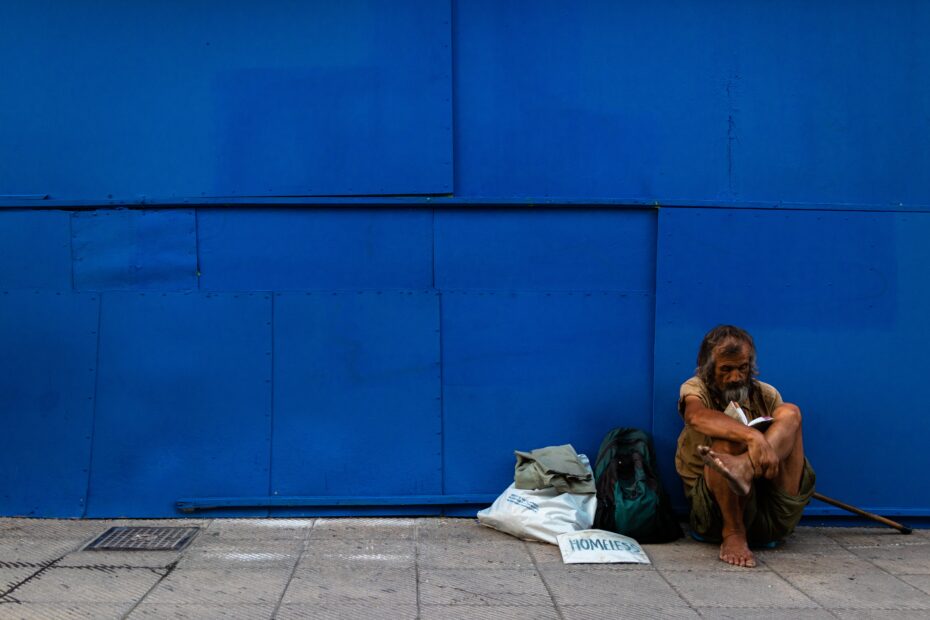Urban homelessness in Southern Europe: new problems and new challenges in times of Covid-19
Joint Session with RN27 Research Network on Southern European Societies and RN37 Urban Sociology at the 15th Conference of the European Sociological Association, to be held from 31 August to 3 September 2021 in Barcelona (and/or online, depending on the pandemic’s progression). The call for this session is available on page 77 of ESA15 Call for Papers (call open until 15 February 2021) and you can submit your abstract via ConfTool 2021.
Coordinators:
Teresa Consoli, University of Catania, Italy, consoli[at]unict.it
Inês Vieira, Universidade Nova de Lisboa, Portugal, ines.vieira[at]fcsh.unl.pt
Gabriele Manella, Università di Bologna, Italy, gabriele.manella[at]unibo.it
Southern European cities, in the present pandemic and in previous crisis contexts, have seen the aggravation of the number of cases and conditions in which homeless people live. The lockdown particularly affected people without home and diminished the response from related social services (shelters, food support, social work). The higher vulnerability of homeless people in this situation constitutes a big challenge for Southern European cities, and in many of them important emergency responses arose not only from public entities (like pandemic-related temporary accommodation) but also from community-level groups and self-organized solidarity networks (relieving, for example, food needs that stopped being addressed by usual social service providers). On the other hand, already existing “punitive” political approaches to homelessness combined with stricter/blinder readings of “Covid-safe” street avoidance led to homeless people being blamed and fined for staying in the street, and previous highly precarious life conditions (particularly in concentrated spaces and in situations of socioeconomic and citizenship deprivation) quickly gave rise to new highly critical conditions of homelessness (as in the case of the thousands of people that were in Lesbos’ Moria refugee camp before the devastating fires). Beyond the current context, for many decades homelessness situations have received mainly charity-assisting responses, lacking a deeper public answer that was replaced by (often unregulated) private social services. In this session we welcome presentations that put these issues into perspective, offering insights on policies and approaches focusing on the different dimensions of urban homelessness in Southern Europe, namely in the aftermath of the pandemic.
Photo by Jonathan Kho at Unsplash, 20/06/2018, Athens
